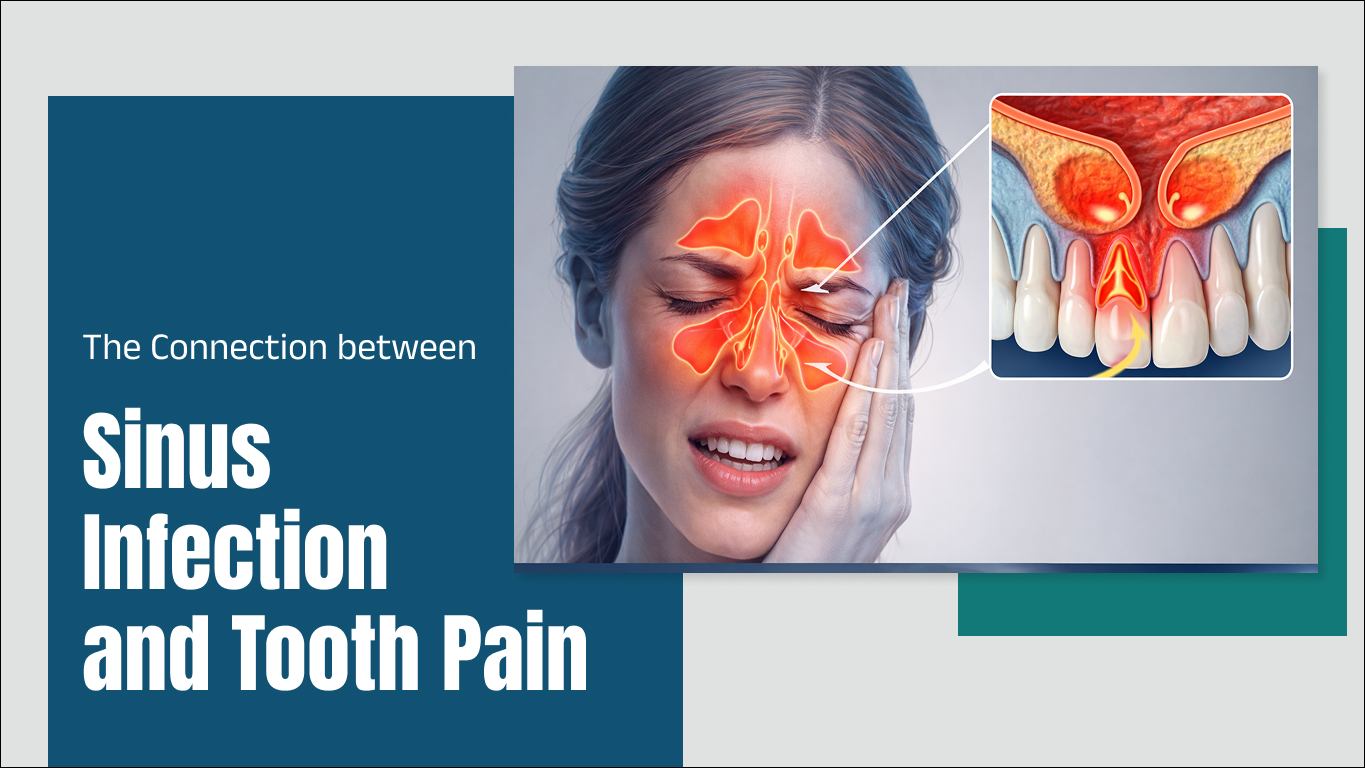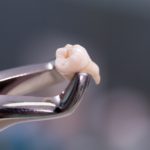A toothache is often synonymous with a dental problem, but did you know that a toothache can be a symptom of a sinus infection? If you experience a toothache, the first step is always to see a dentist to determine what is causing the toothache. If the dentist rules out any dental problem, then you might be having a sinus infection. If this is the case, then your dentist may recommend you see a physician for further diagnosis. So what is the relationship between a sinus infection and tooth pain? Why does a sinus infection cause tooth pain?
Sinus infection and tooth pain
First and foremost, a sinus infection often causes pain in the upper teeth, so this should be the first sign that your toothache is actually not from a dental problem. The connection between sinus infection and tooth pain lies in the location of the maxillary teeth and the maxillary sinuses located on each side of your nose. The roots of your maxillary teeth are situated right at the base of the maxillary sinuses. This means that when these sinuses have an infection, the inflammation or swelling of their cavity walls causes pressure on the roots of the maxillary teeth, resulting in tooth pain.
How to identify sinus-related tooth pain
While it is still important to see a dentist when you experience any kind of tooth pain, you can always identify a pain caused by sinusitis by the type of pain you feel and some accompanying symptoms. The pain can be distinguished from a dental toothache by the fact that it feels like pressure in the surrounding teeth, as opposed to a sharp pain and sensitivity typical of cavity toothaches. You may also experience a bad headache and pain in your ear. If you experience nasal congestion on the same side as the tooth pain, then that may also be an indication that the pain is caused by a sinus infection.
Sinus infection or sinusitis can be caused by viral, bacterial, or fungal infections or by allergies. When sinusitis manifests as a common cold, it will most likely be gone in a week or two. However, if it is a result of a bacterial or viral infection, then you might need some treatments of sorts, like antibiotics, to deal with the infection. If a sinus infection affecting your maxillary teeth is left untreated, the tooth pain might spread to the lower teeth. This is why it is advisable to see a doctor as soon as you notice symptoms.
Other relations
A sinus infection can also cause cavities to develop in your teeth because you can develop a dry mouth from breathing through your mouth. A dry mouth is known to be conducive to tooth decay, so it is important to maintain good oral hygiene at all times.
Related Posts
How to Relieve Tooth Pain from Sinus Pressure
Top 10 Reasons For Tooth Pain
5 Common Reasons for Tooth Pain After a Filling


